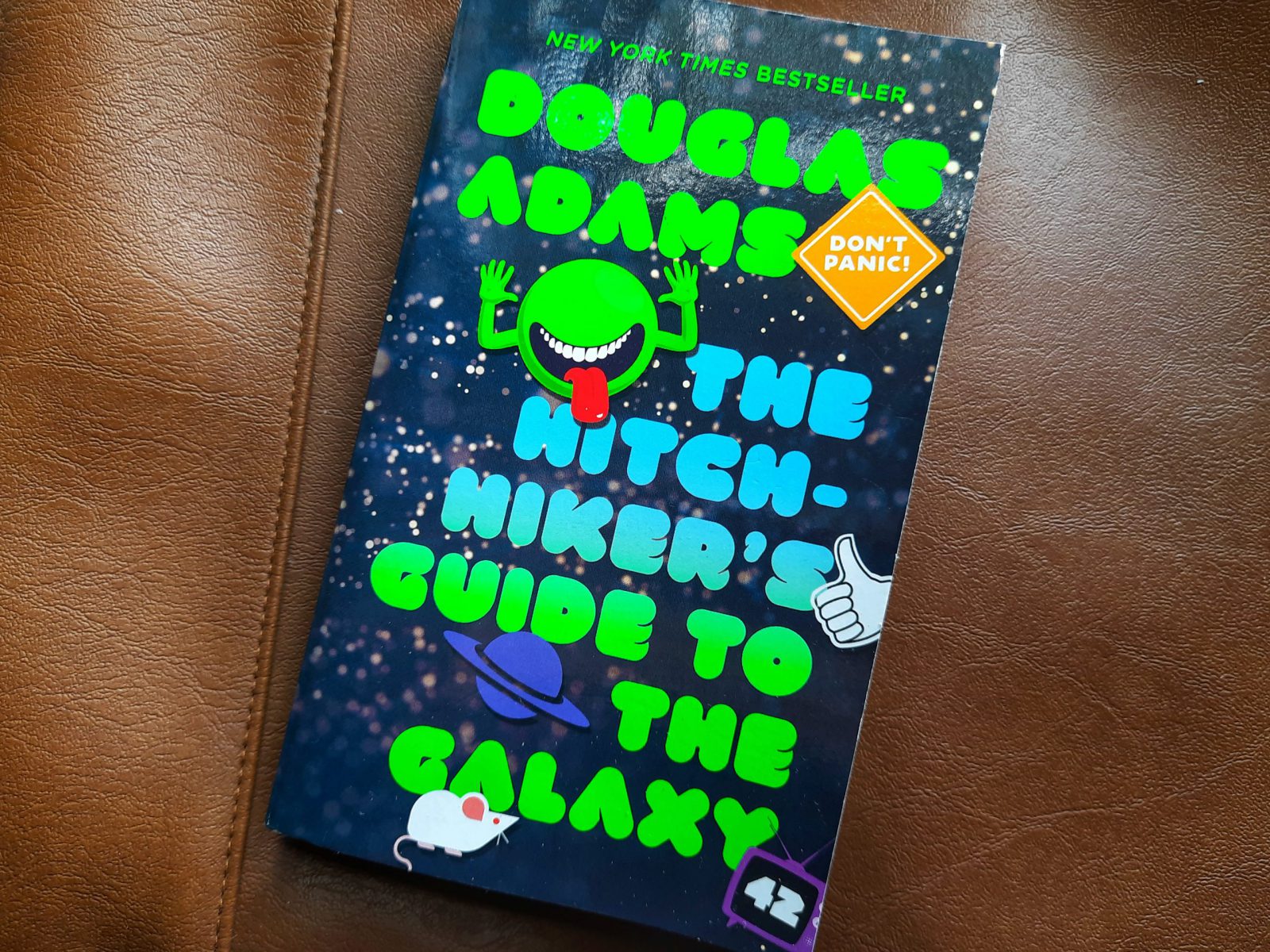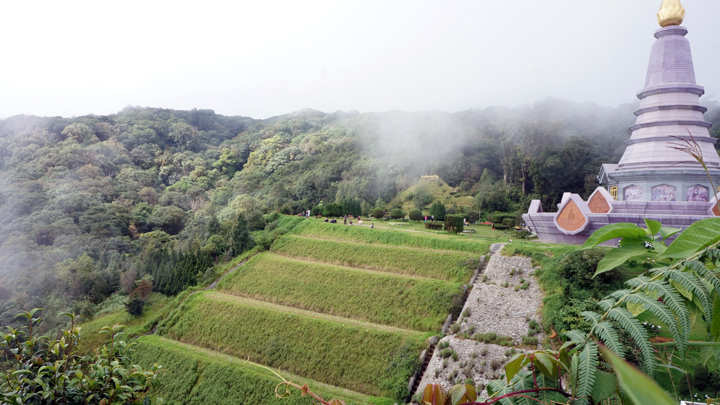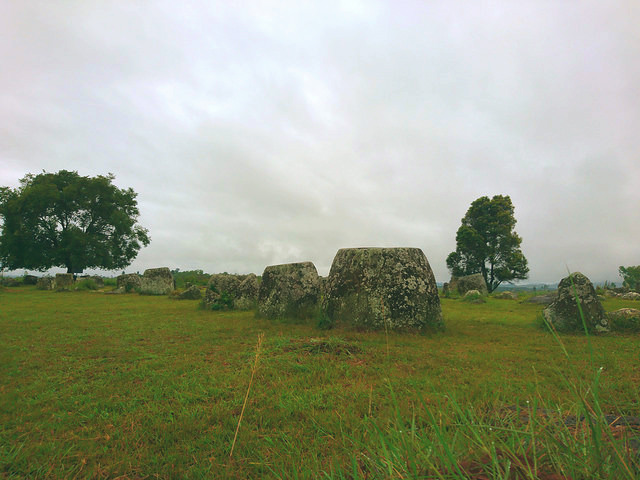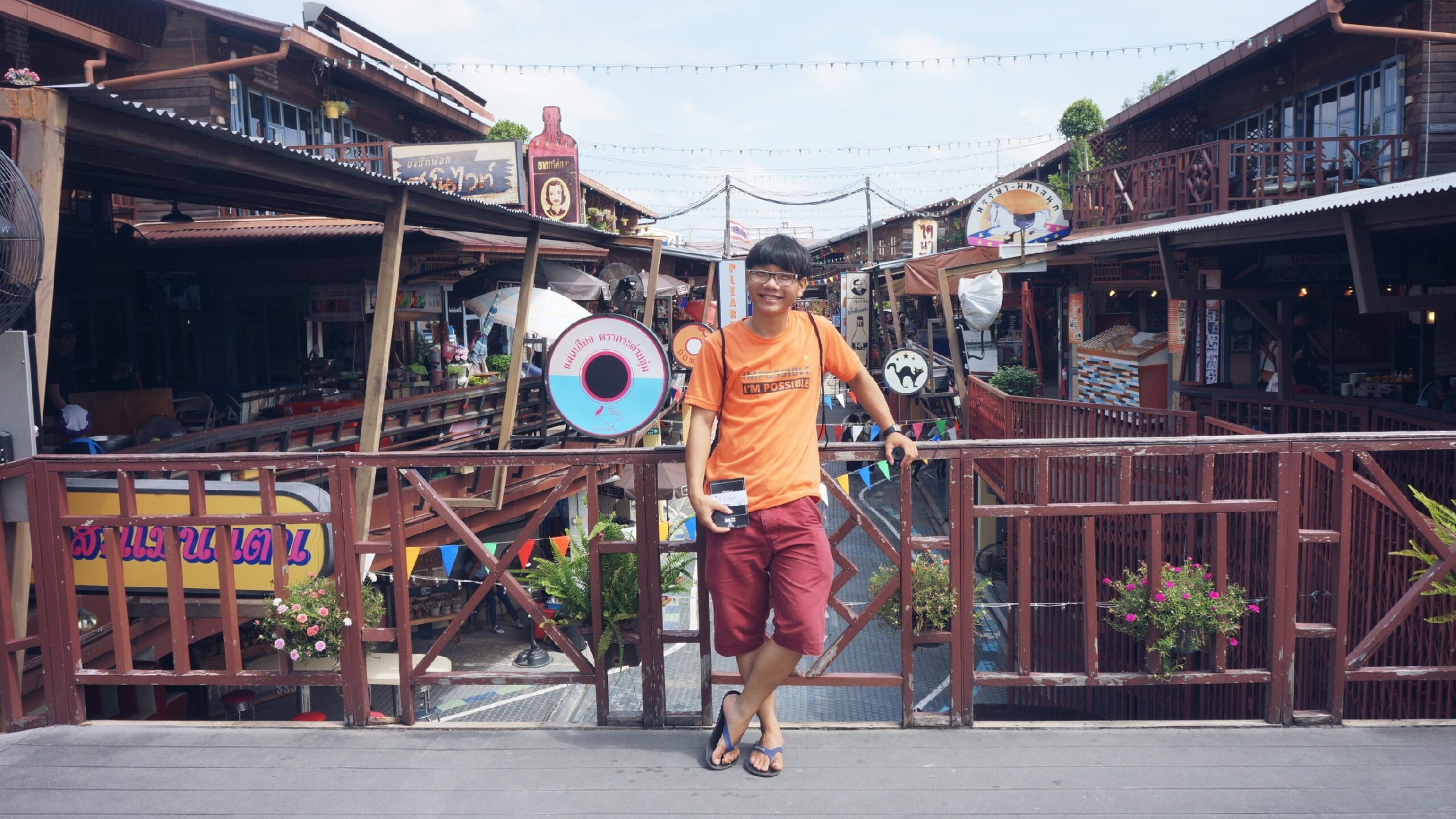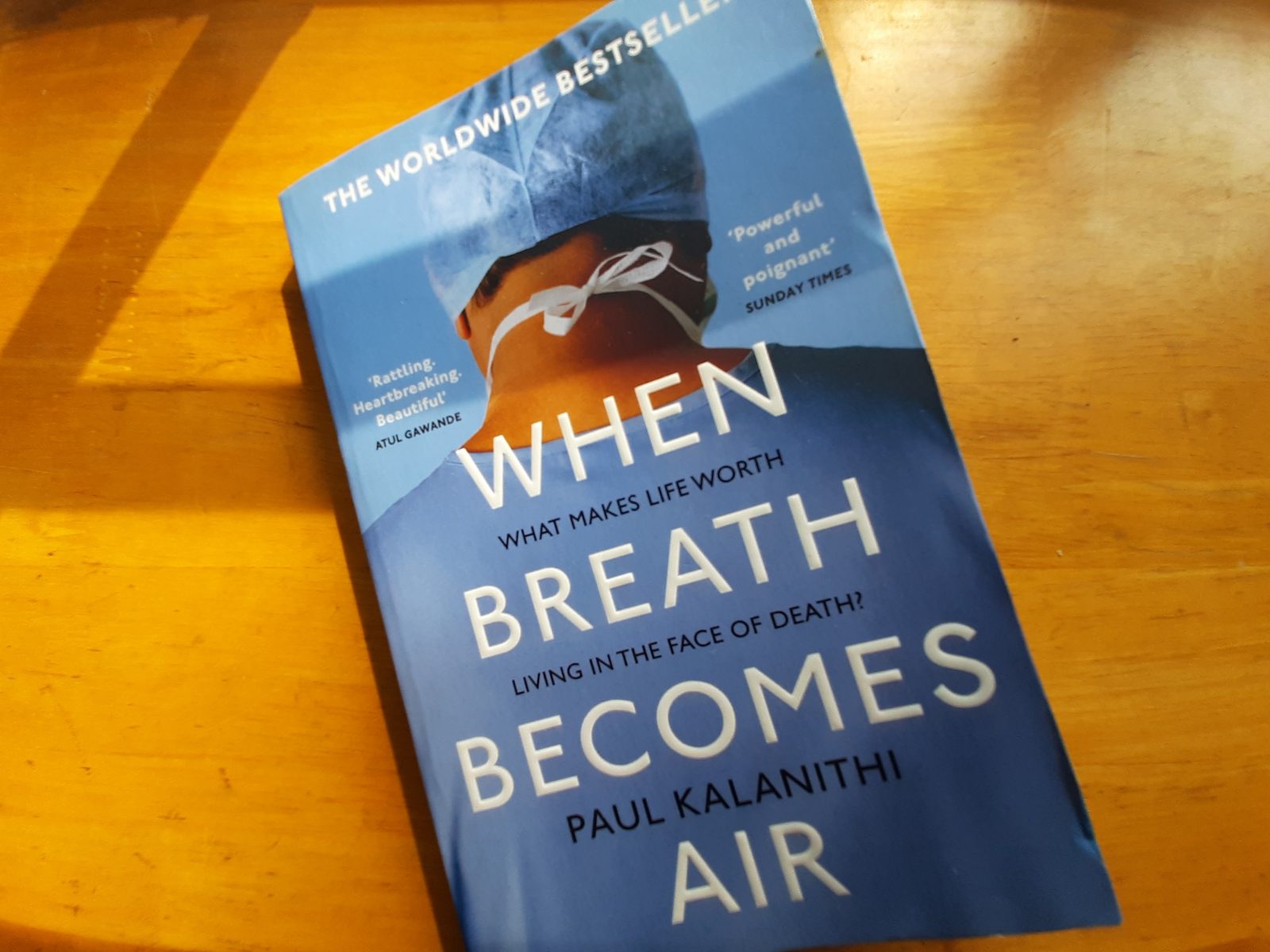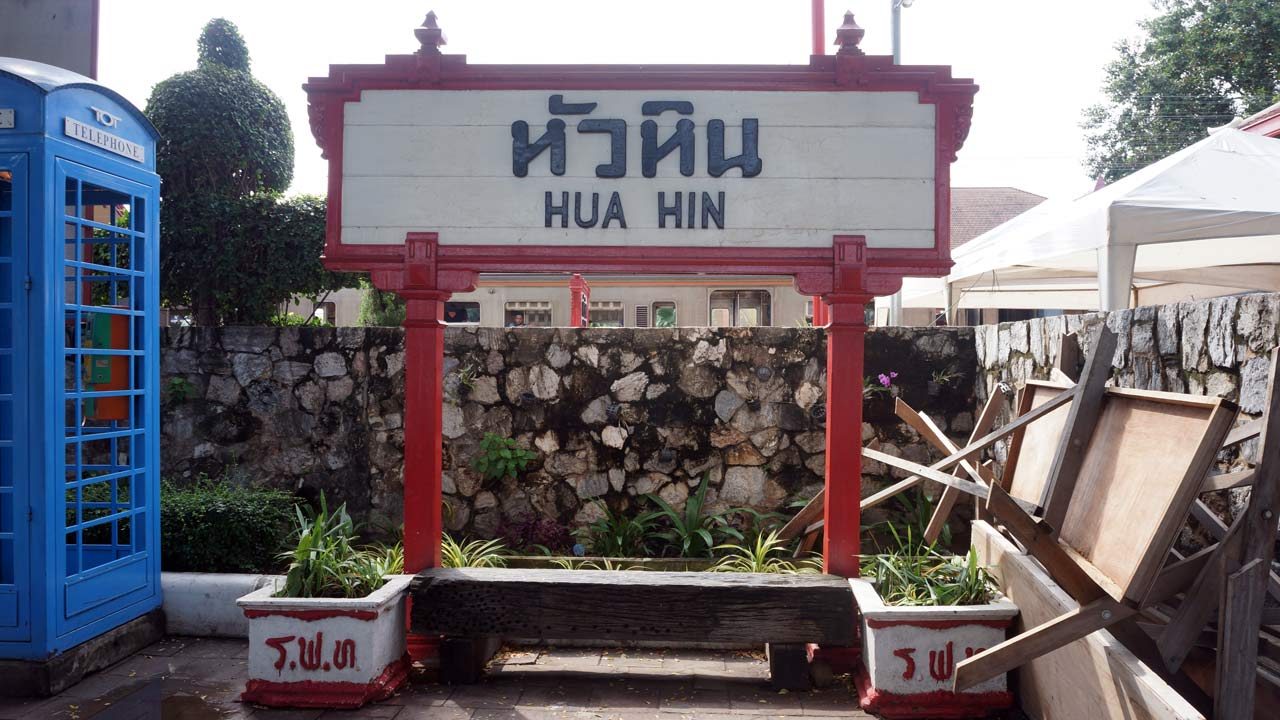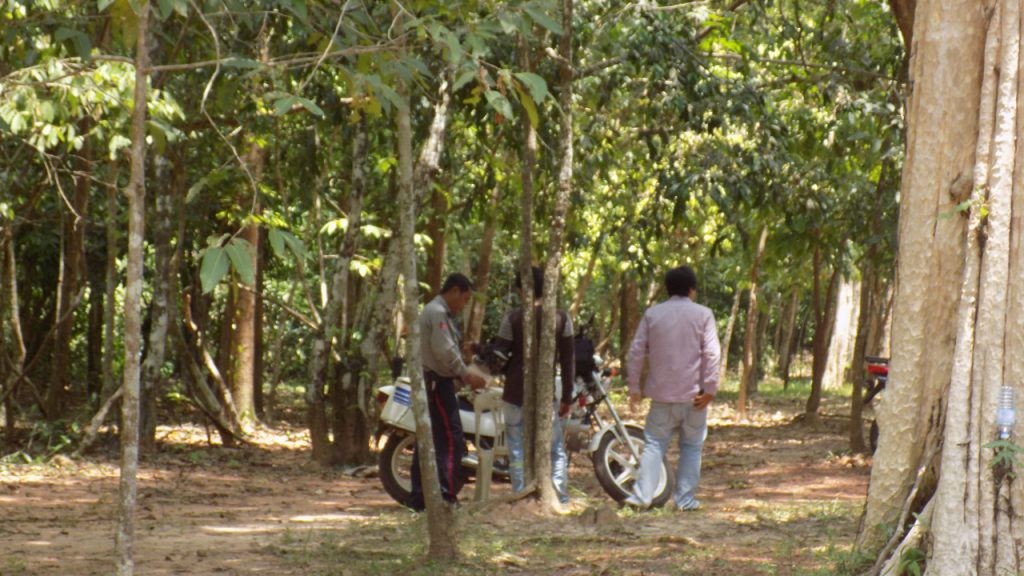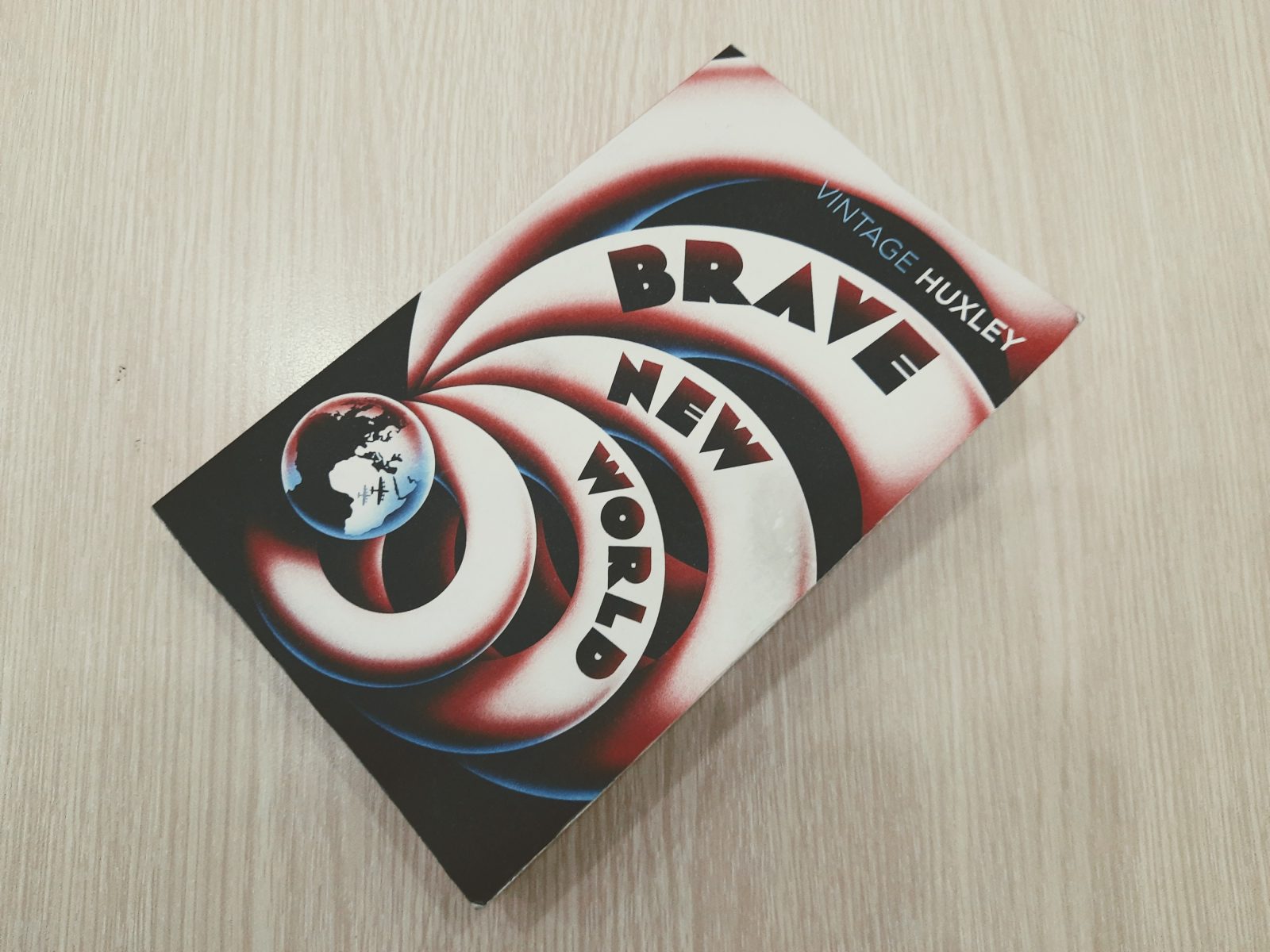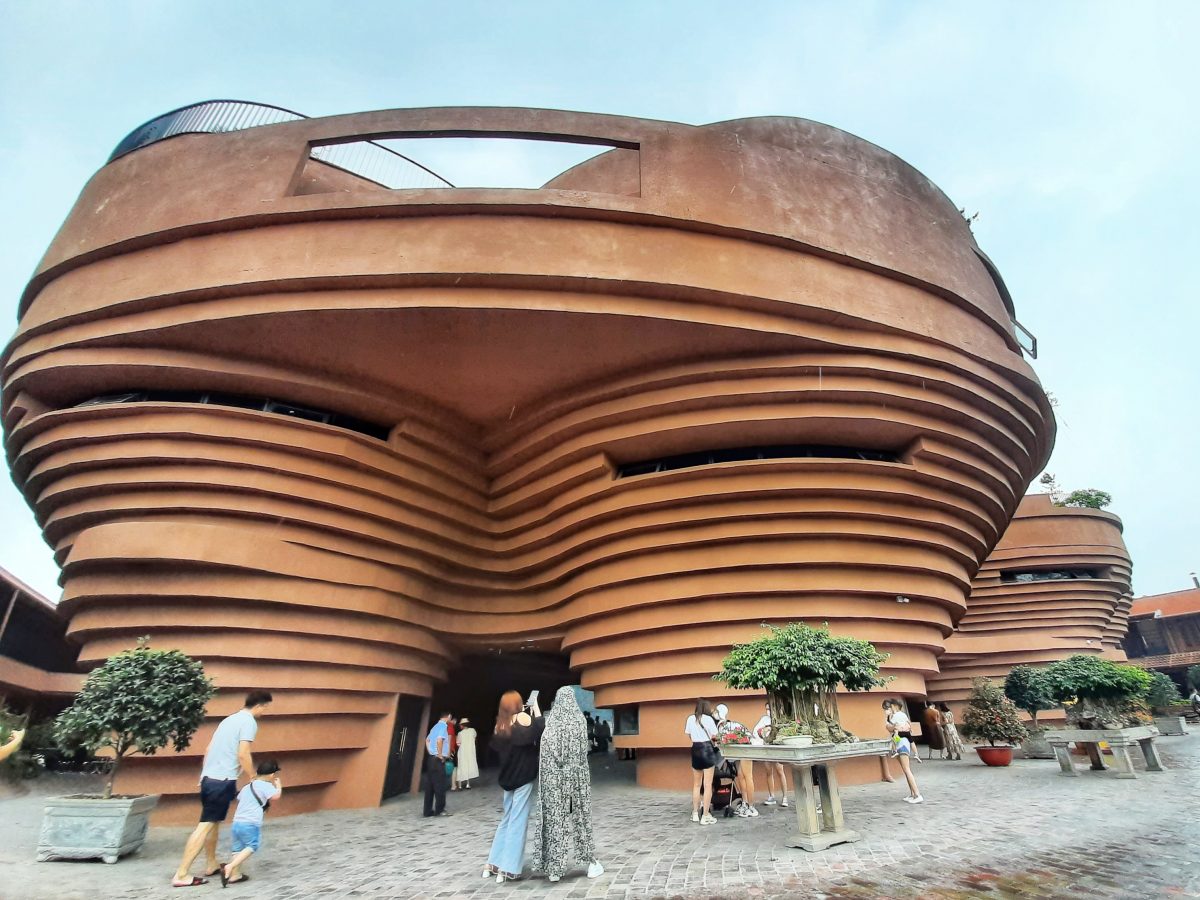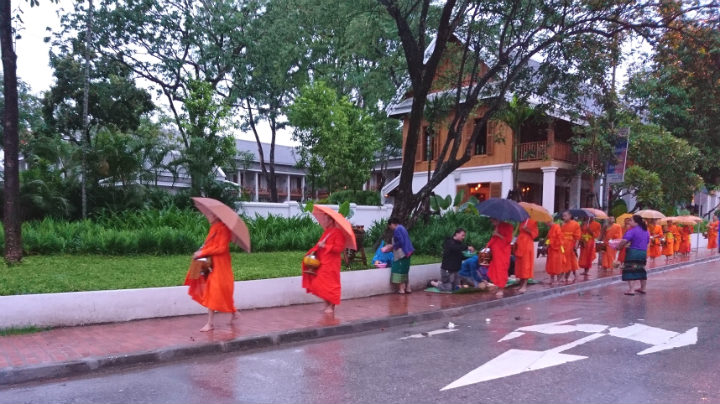-
The Book In My Backpack: The Hitchhiker’s Guide To The Galaxy Review
The Hitchhiker’s Guide To The Galaxy by Douglas Adams is such a hilarious travel story. At the very first beginning, I had no idea what the story was talking about but bite-sized pieces of story revealed quickly through chapters went crazy eventually. It hooks! It all began with the central protagonist in The Hitchhiker’s Guide To The Galaxy – The British Arthur Dent, a normal Earthman who tried to prevent the demolition of his house, but then a sudden event (you would be surprised but it truly hilarious reading on) that his long-time friend (a kind alien disguised) made him a fateful hitchhiker to the galaxy (actually, it was like fare dodging first) in…
-
Book Club: The Life Lessons I Learned From “When Breath Becomes Air”
I still remember a quote in the popular book “When Breath Becomes Air“. “What makes life worth living in the face of death?” That lead was indeed a striking question to me, in my search for true happiness in the lifetime. Death is not a new subject to inspire people to live. When I was in university, the speech that Steve Jobs had delivered at Stanford University inspired me probably every single day, with 3 simple points of view: connecting dots, love and loss, and death. “If today was my last day, would I do what I’m doing” – the constantly obsessive question pushed me to follow my deep inner…
-
Bookclub: Brave New World – Happiness is boring
This is my very first English book for New Year Resolutions. It’s a big work of sci-fi and honestly it’s tough to read, too. Here is what I learned from Brave New World, mostly about happiness (and the reason why backpacking is still a joyful lifestyle for some of us, me included!) (Spoiler alert: I would partly reveal the plot below, so if you’d like to read, then read it, before continuing) Interesting distintives The iconic novel by Aldous Huxley introduces a world where human beings are perfectly conditioned, well-planned, fully content, even infantile a bit, hence, full of … happiness. On top of that, the people are cloned in…
-
A Book in My Backpack: Guns, Germs and Steel
A hike through 13,000 years of human civilization evolution and five continents in less than 600 pages. This book was actually a big deal to me, since it focuses mainly on the history and geography, in contrast to the first English book of the new year challenge – Brave New World, which heavily depicted a fictional universe in the far future. Truth be told. Some sessions of this work really discouraged me as it presented such an enormous number of examples in boring scientific approaches, coupled with a long line of ancient flora & fauna names that I had to frequently look up in the search engine to get the picture. It’s…
